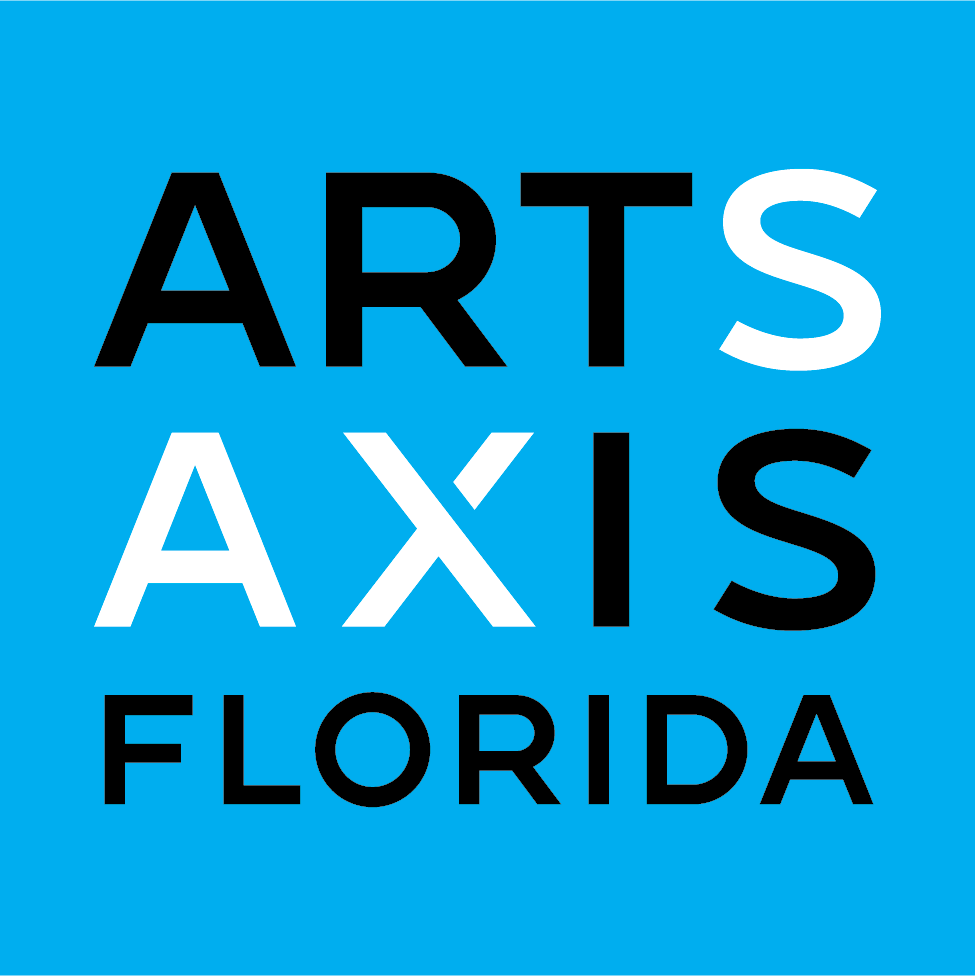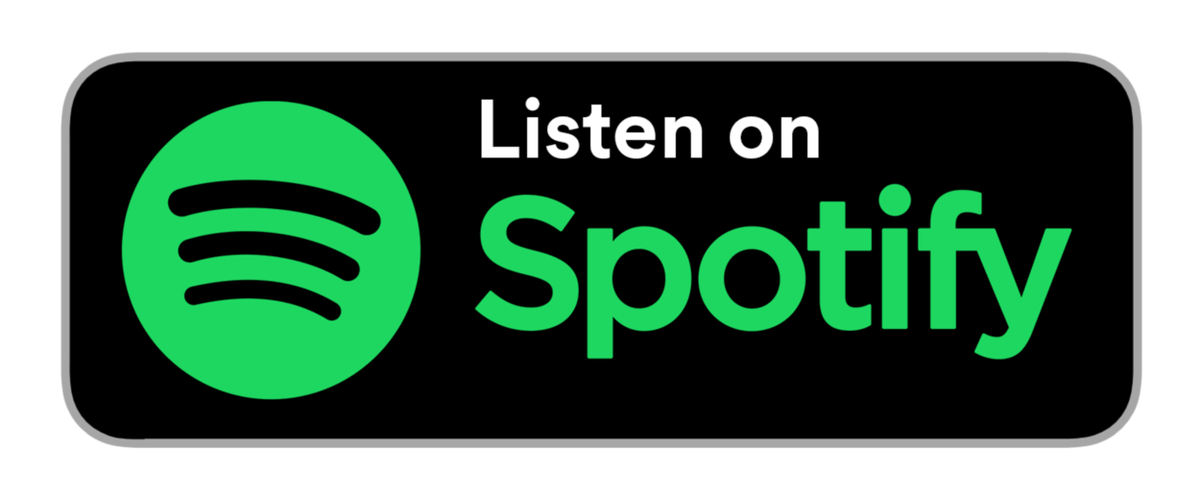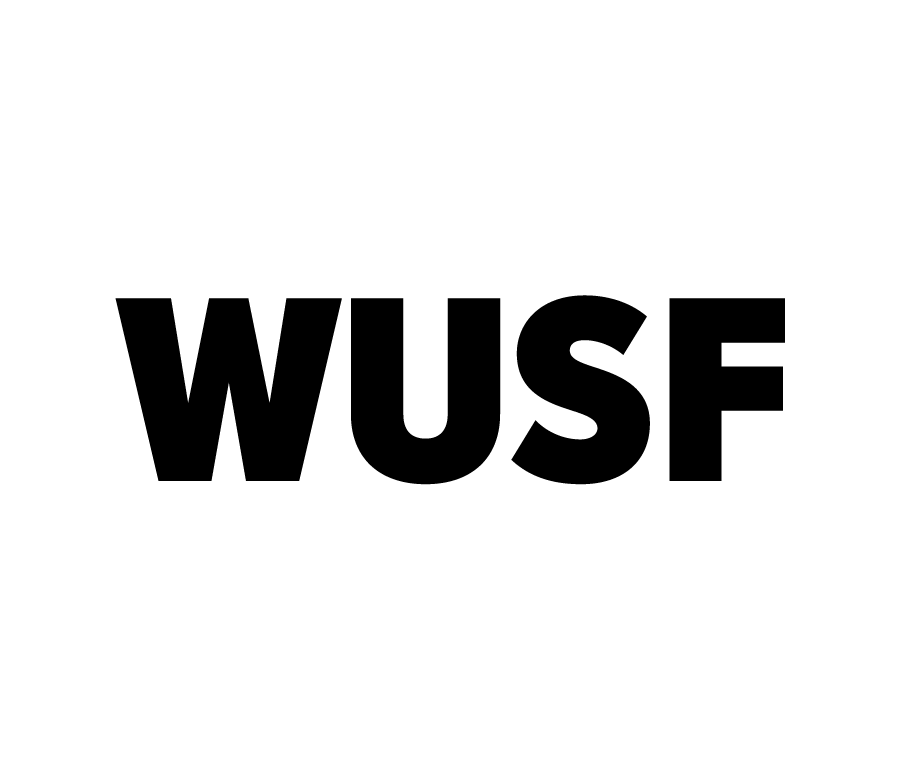TRANSCRIPT Season 4 Episode 3 : Making a Movie with Hannah Sam
WUSF >> WUSF News | Classical WSMR | WUSF Jazz | Health News Florida | IntellisMedia | The Zest Podcast
©2025, WUSF and Arts Axis Florida logo are service marks of WUSF. All rights reserved. | Privacy Policy
WUSF is a department of the University of South Florida.











